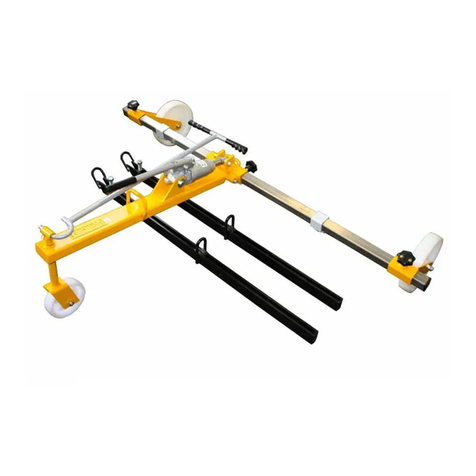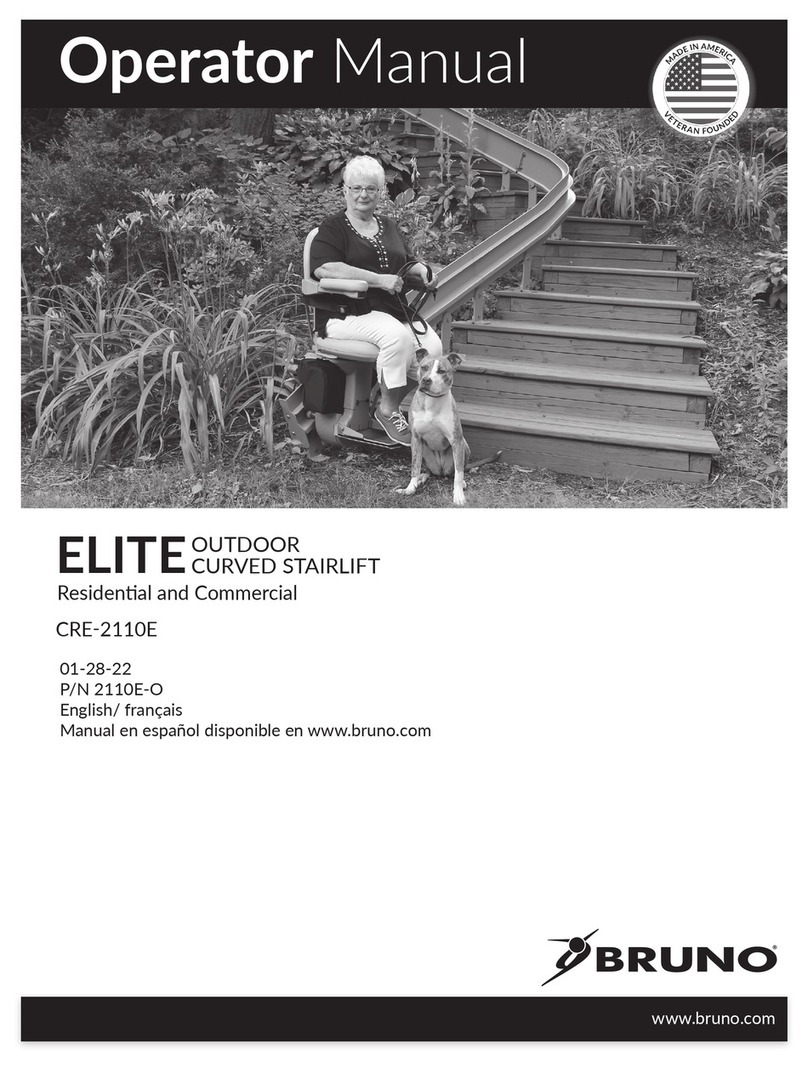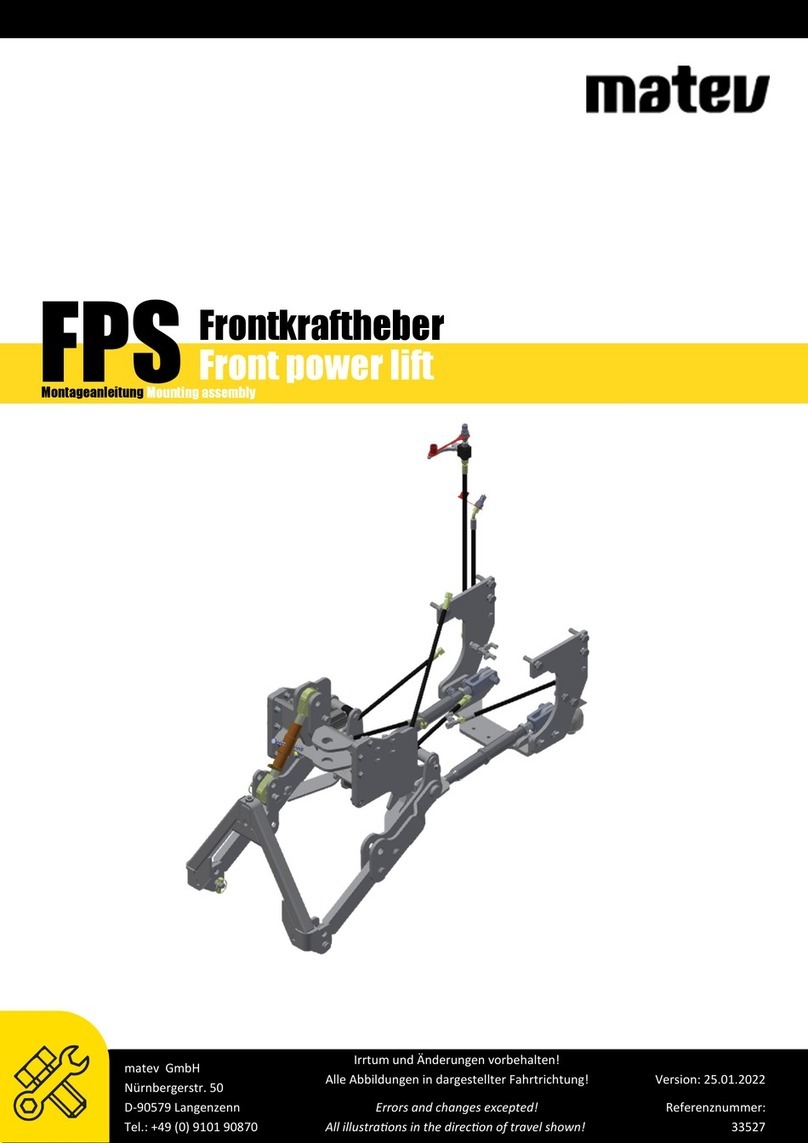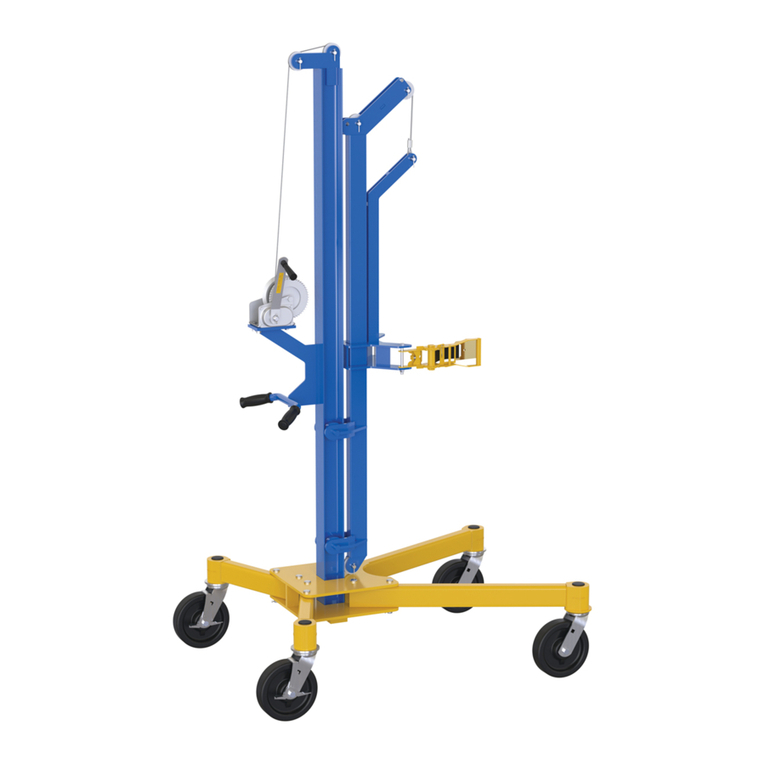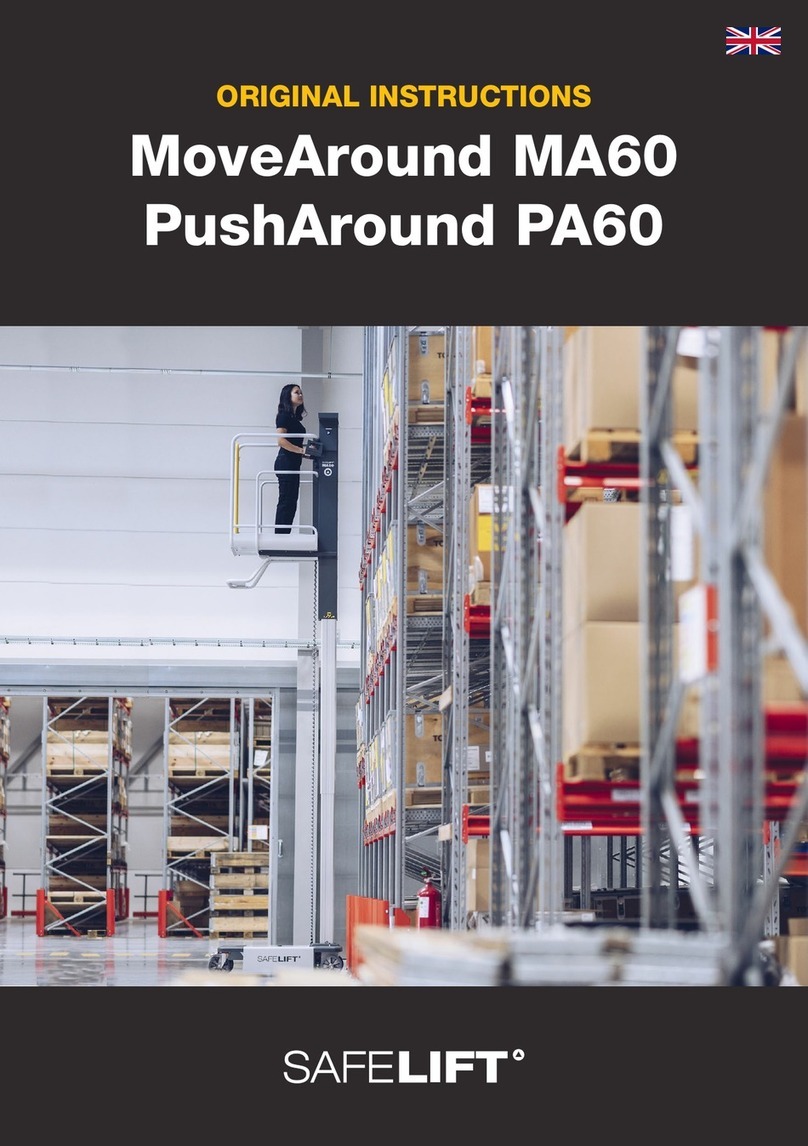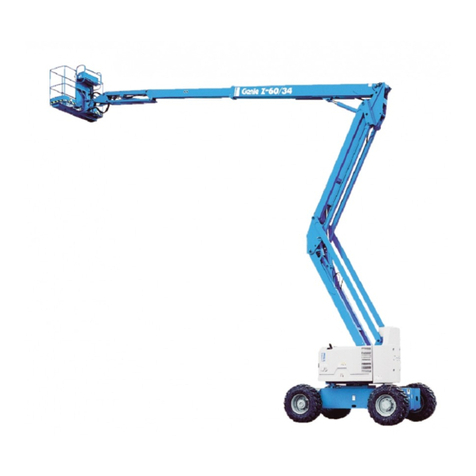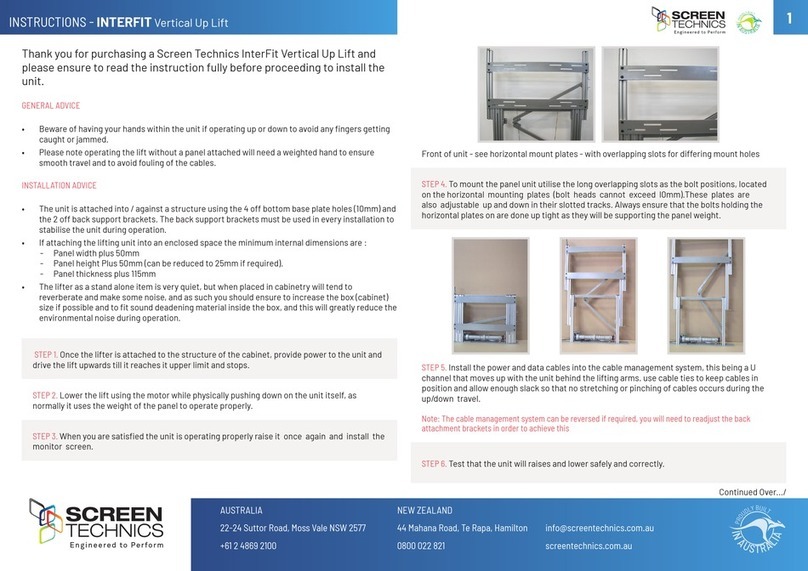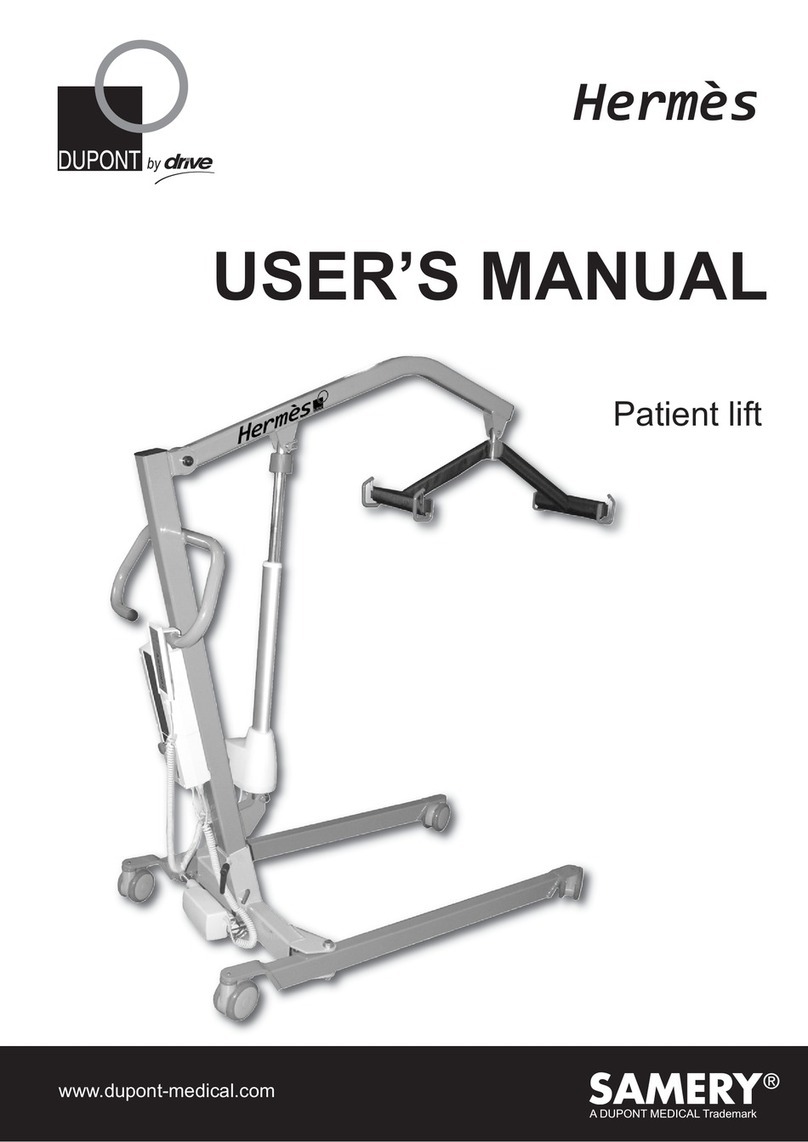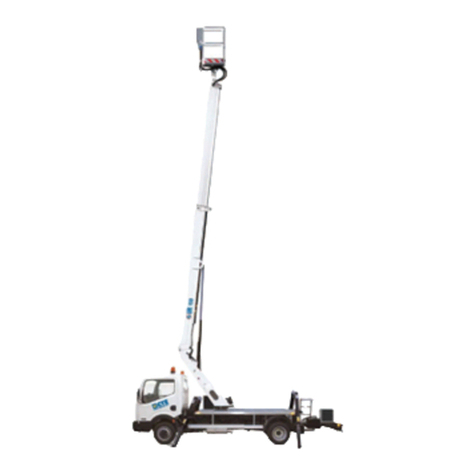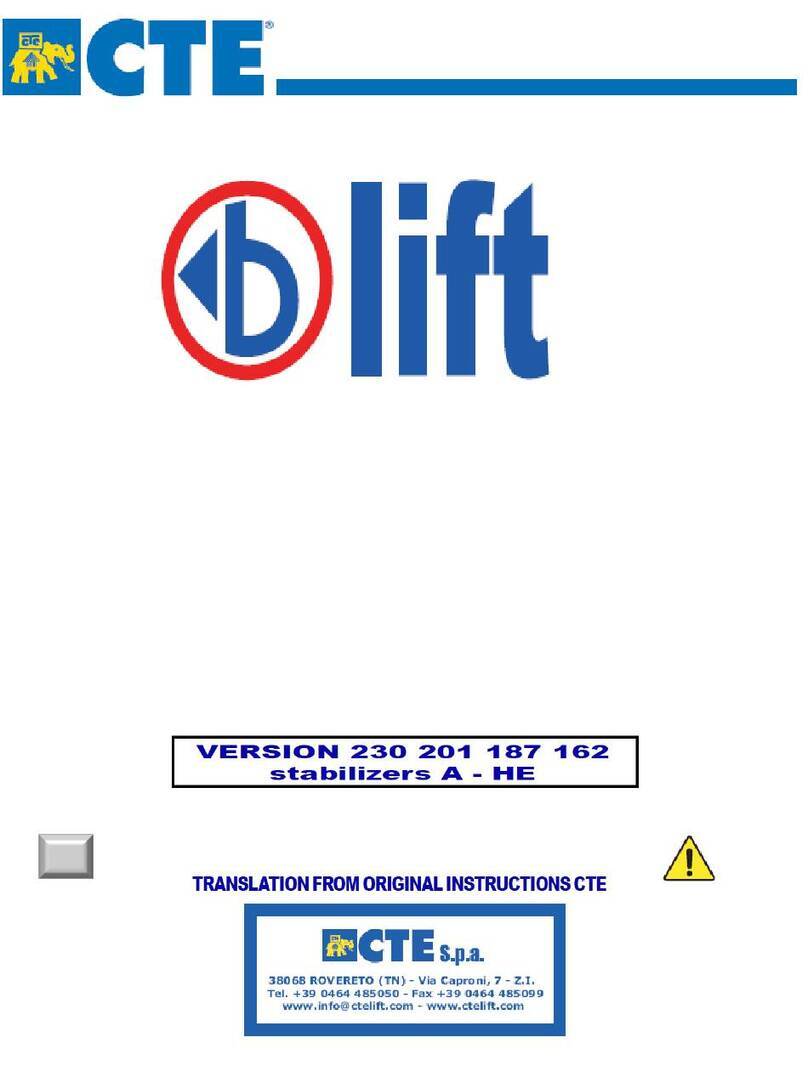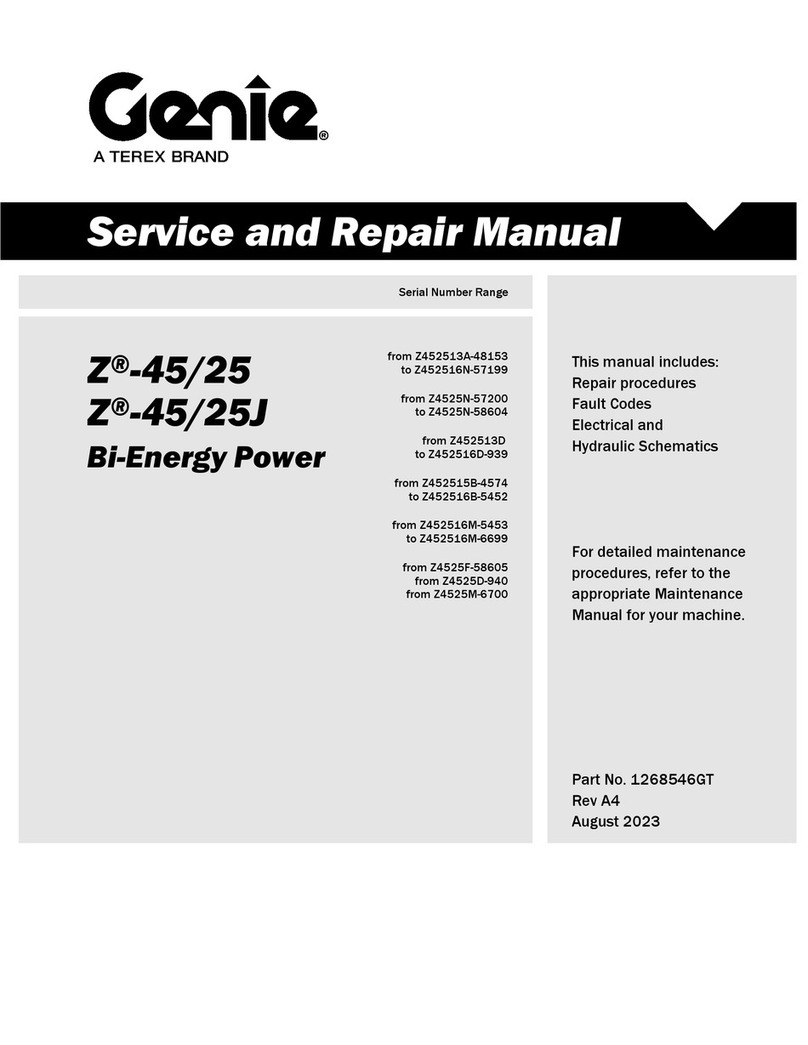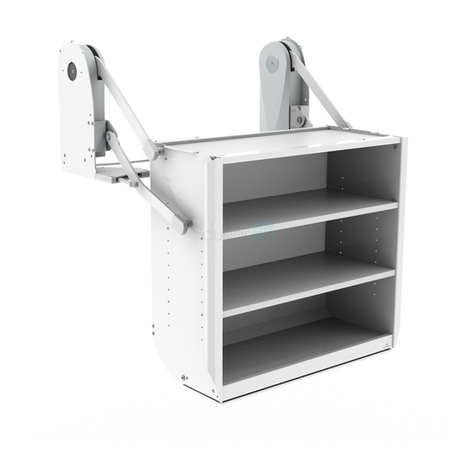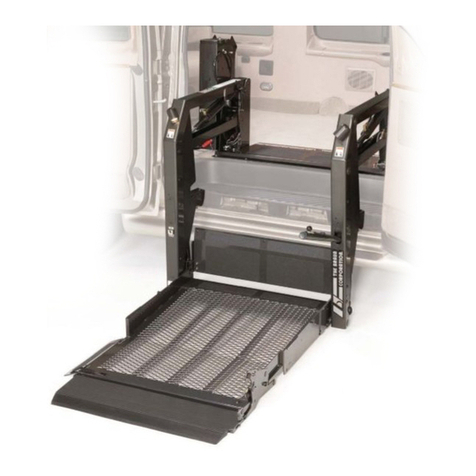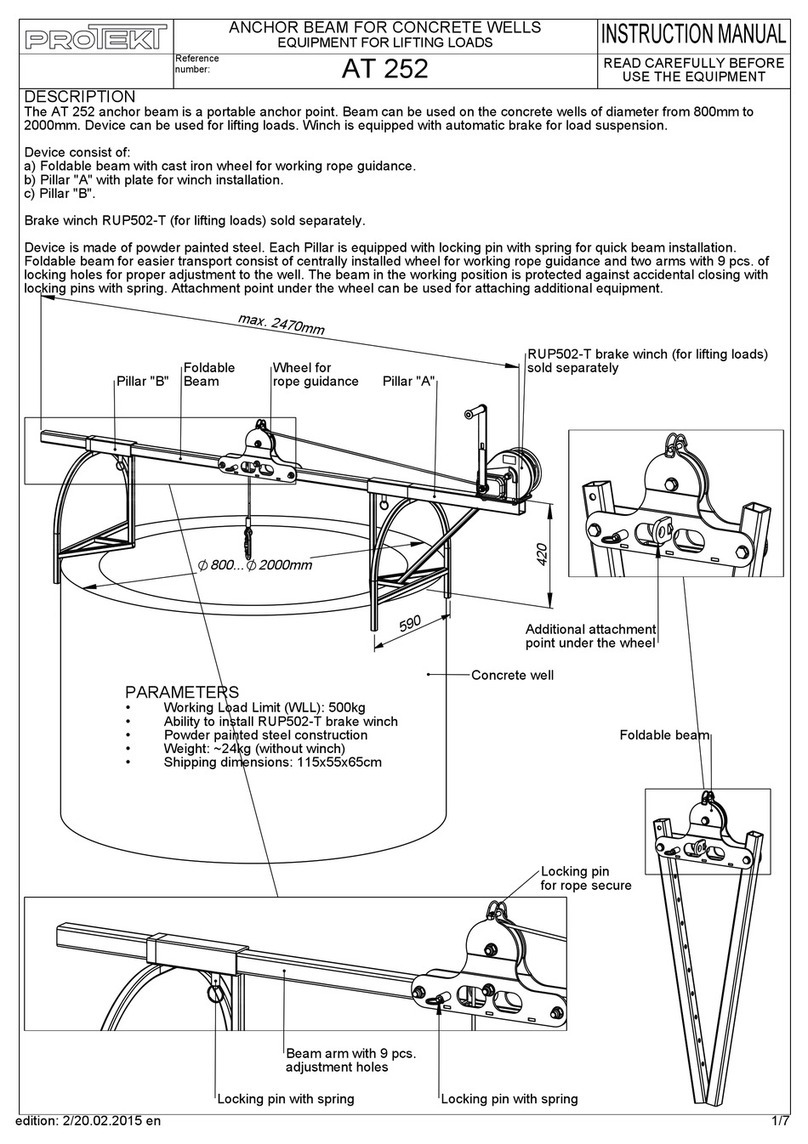
GB
INDEX
Aerial work platform ZED 20.3 HV 3
COD. UM0284_GB | REV. 00 | ED: 09/17
1 General information 1
1.1 Manufacturer information __________________________________________________ 1
1.2 Limitations of responsibility_________________________________________________ 1
1.3 Content and scope of this manual ___________________________________________ 2
1.3.1 Symbols .........................................................................................................................................2
1.3.2 Illustrations .....................................................................................................................................2
1.3.3 Scope of this manual......................................................................................................................3
1.3.4 Amendments and additions............................................................................................................3
1.3.5 Composition ...................................................................................................................................3
1.3.6 Intended readership .......................................................................................................................4
1.3.7 Conservation ..................................................................................................................................5
.................................................................................................................................5
1.4 Glossary _______________________________________________________________ 6
2 Safety 1
2.1 Reference standards and directives __________________________________________ 1
2.2 Intended and improper use_________________________________________________ 2
2.2.1 Non-permitted use..........................................................................................................................3
2.3 Obligations and requirements_______________________________________________ 3
2.3.1 Electrocution hazard ......................................................................................................................3
2.3.2 Tipping hazard ...............................................................................................................................4
2.3.2.1 BEAUFORT wind scale................................................................................................................5
2.3.3 Risk of falling..................................................................................................................................6
2.3.4 Collision hazard..............................................................................................................................7
2.3.5 Work atmosphere hazards .............................................................................................................7
2.3.6 Machine hazards............................................................................................................................8
_______________________________________________________ 9
2.4.1 The role of the operators................................................................................................................9
2.4.2 Training and importance of the procedures .................................................................................10
2.4.3 Operators’ tasks ...........................................................................................................................10
2.4.4 Summary of operator standards................................................................................................... 11
____________________________________________________________ 12
2.5.1 Checks and tests before driving...................................................................................................12
2.6 Safe workplace _________________________________________________________ 12
2.6.1 Type of workplace ........................................................................................................................12
2.6.1.1 Supporting surface.....................................................................................................................12
2.6.1.2 Production areas or public areas ...............................................................................................12
2.6.1.3 Positioning the machine.............................................................................................................13
2.6.1.4 Delimitation of the operating area ..............................................................................................13
2.6.2 Danger areas ...............................................................................................................................13
2.6.3 Risks for exposed persons...........................................................................................................14
2.6.4 Electrical tolerances .....................................................................................................................14
2.6.5 Ambient air temperature...............................................................................................................14
2.6.6 Humidity .......................................................................................................................................14
2.6.7 Noise level....................................................................................................................................14
2.6.8 Vibrations and crashes.................................................................................................................14
2.6.9 Gas emissions..............................................................................................................................15
2.6.10 Contaminant agents .....................................................................................................................15
